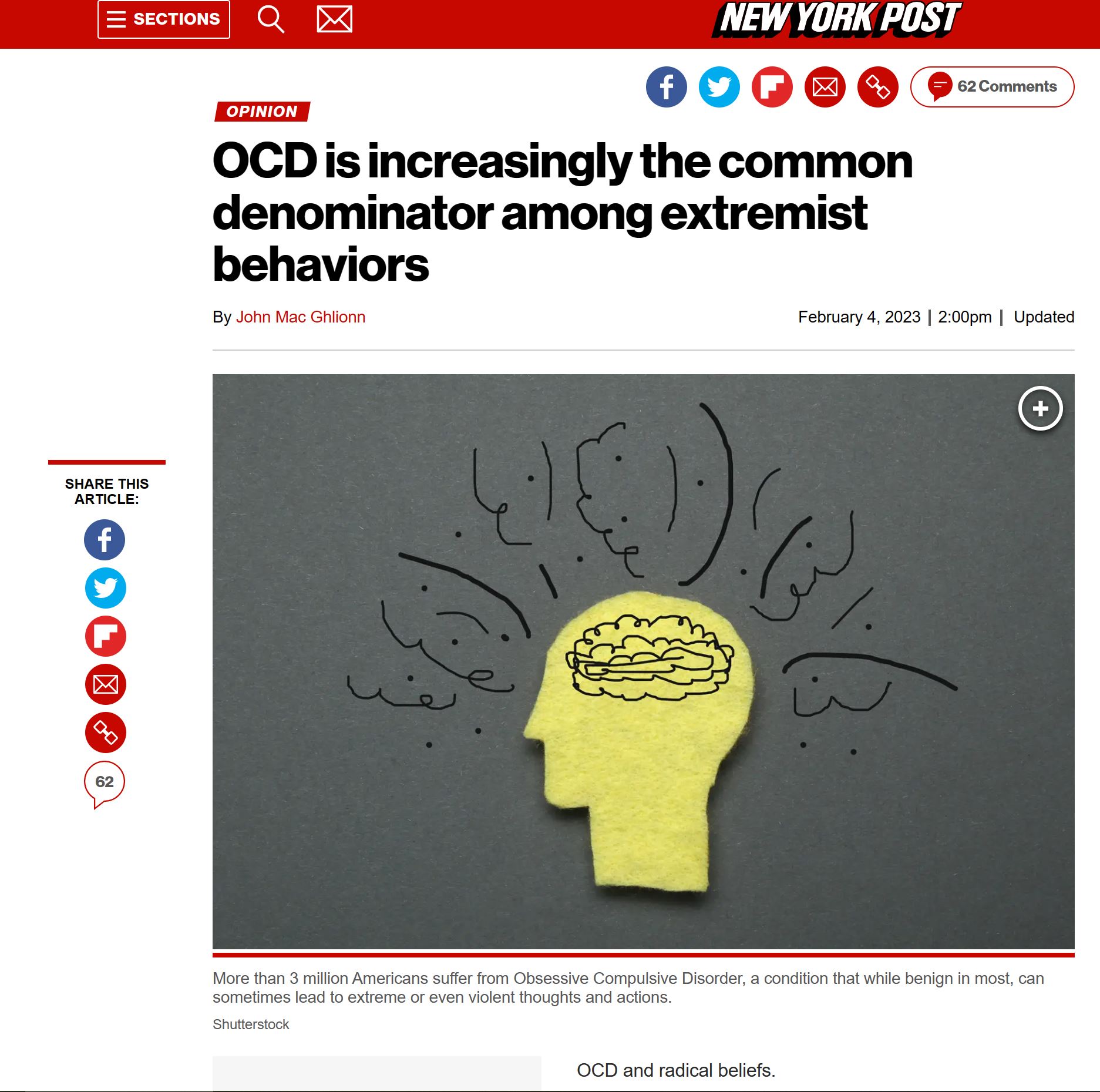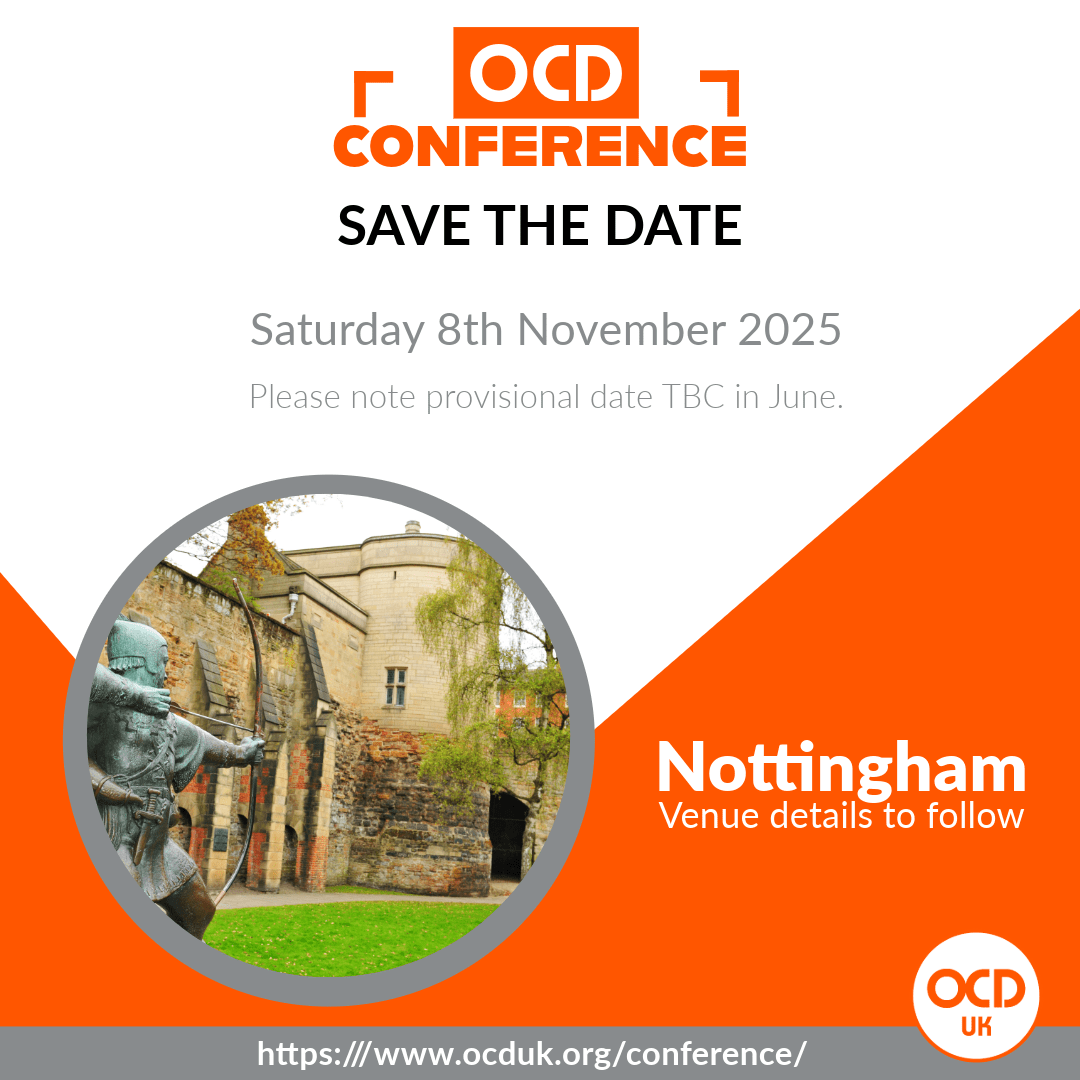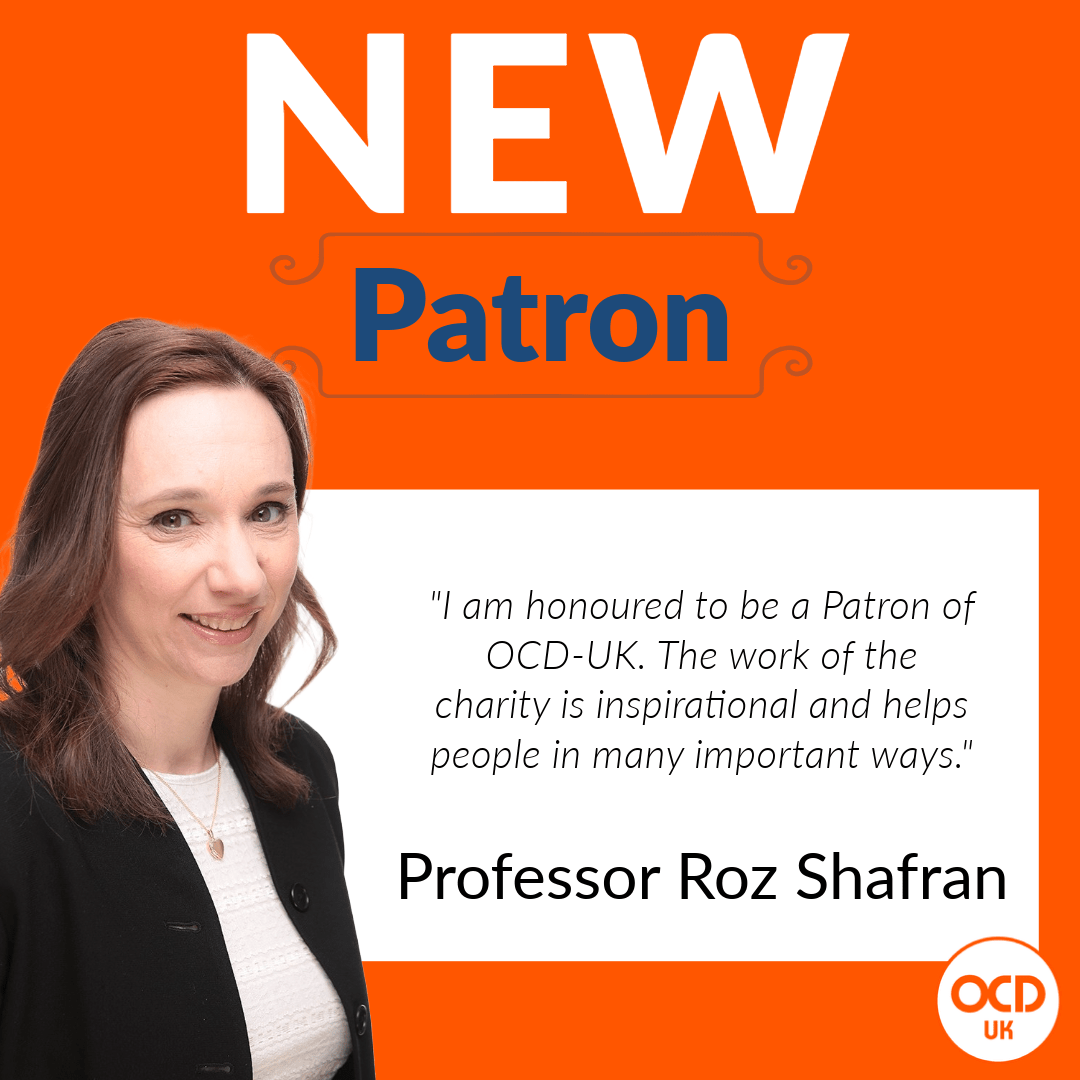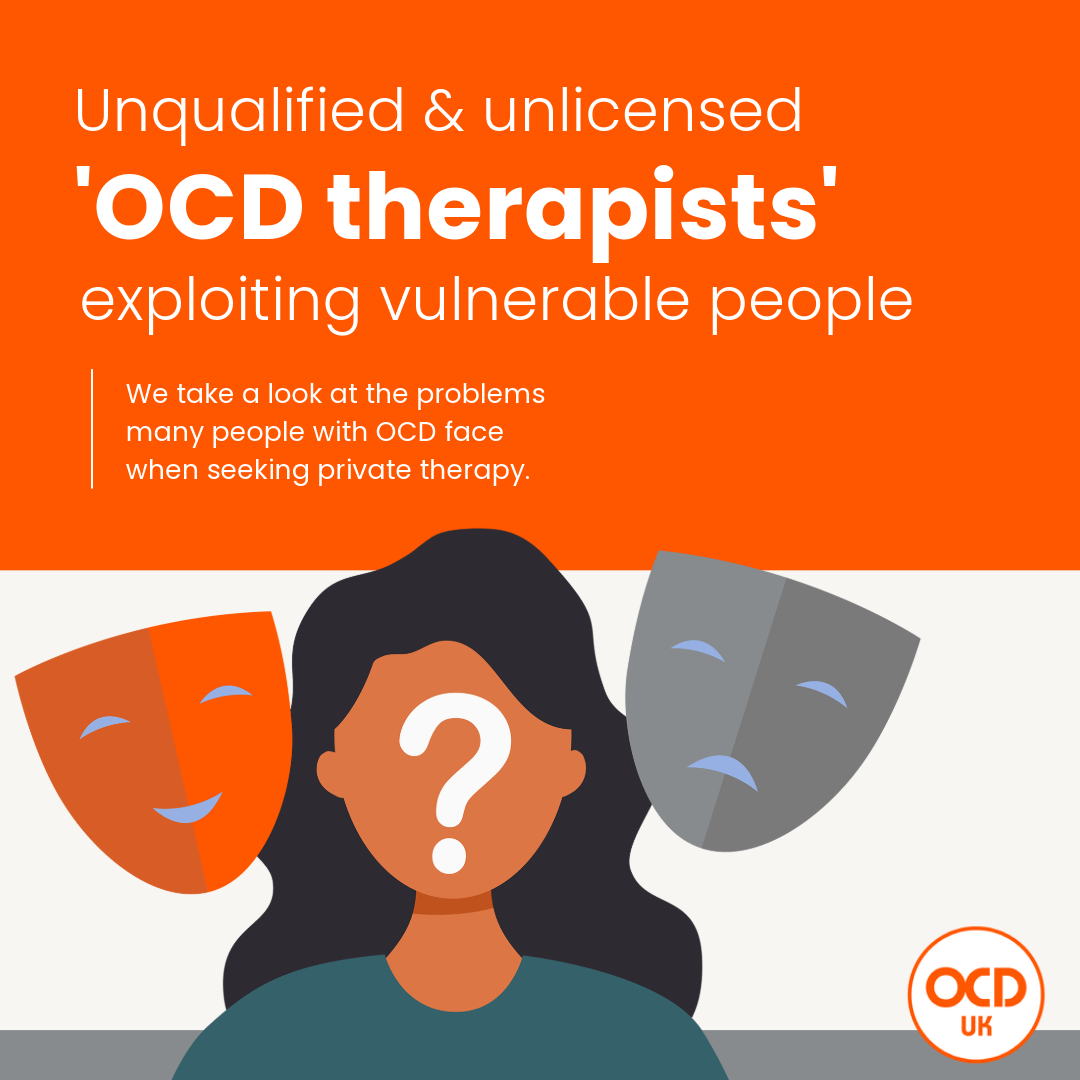OCD-UK condemn the recent stigma-fuelling New York Post article written by John Mac Ghlionn, which starts out with the words ‘OCD and radical beliefs’, and goes on to suggest that researchers are increasingly saying that suffering from OCD correlates with extremist behaviours that result in an aggressive commitment to certain causes or subjects, and the article also asserts that this commitment is radical in nature and leads to acts of violence.
We state with confidence that the New York post article was written with a complete lack of understanding of OCD. Of greater concern is the journalist’s conclusions and use of a single research paper as fact rather than theory led to an article that perpetuates misinformation in the media that perpetuates stigma and only creates barriers for those with Obsessive-Compulsive Disorder in seeking help. We politely invite and urge the New York Post to remove the article.
The research
Whilst the author of the New York Post article writes ‘researchers increasingly say’, Ghlionn, appears to have written this New York Post article based off one single research paper written by Jais Adam-Troian and Jocelyn Belanger, ‘Consumed by Creed: Obsessive-Compulsive Symptoms Underpin Ideological Obsession and Support for Political Violence’. In their paper Adam-Troian and Belanger propose a model which they claim their results suggest that OCD is a consistent predictor of Obsessive Passion (OP) and may exert an indirect influence on violent activism through Obsessive Passion. It is worth pointing out that Adam-Troian and Belanger appear not to have any previous published papers/article about OCD, and it’s not clear if they have any working experience or knowledge on the subject of OCD.
The New York Post article
There is also no evidence that Ghlionn consulted an OCD specialist before the New York Post published this article. The article also suggested, alarmingly, that preteens who spend excessive amounts of time online are at heightened risk of developing OCD, and that extended screen time is associated with compulsivity and loss of behavioural control. Again, we have to point out that there is insufficient evidence to support such theories.
We are also concerned at how the New York Post article targets Greta Thunberg and also trans activists. It suggests that climate change activist Greta Thunberg’s ‘extreme passion for environmental activism is driven, at least somewhat, by her OCD’. OCD-UK are not aware if Greta suffers with OCD or not, but it’s worth us pointing out that her passion to protect our planet is shared by millions of people across the globe, regardless of OCD.
OCD and Intrusive thoughts
For some whose OCD is about very unpleasant or disturbing thoughts, it can be challenging to talk about their OCD, as these people will be worried about how their unwanted thoughts and images might be perceived. As we know, despite this awful journalism, there is no evidence suggesting anyone with OCD has actually carried out their actions; far from it, as people with OCD go to extreme lengths not to carry out such actions, and are arguably the least likely people to act on such thoughts. The NICE Guidelines for the treatment of Obsessive-Compulsive Disorder do address this and state “These themes are common in OCD and are often misinterpreted as indicating risk”.
As experts in OCD will tell you, OCD is ego-dystonic, which means that the intrusive thoughts in OCD are the opposite of what the person believes and their values. We want to end this article by reiterating that there is no evidence that those with OCD act on their intrusive thoughts or are violent.
OCD-UK will be writing to the New York Post and the researchers to express our concerns. The New York Post author blocked the charity a few moments after we tweeted that we condemned the article and urged the New York Post to remove it.
























